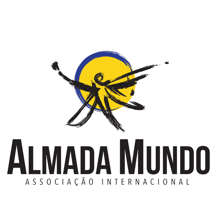Lisbon (Portugal)
ErasmusPlus-InServiceTraining
Pre-Registration
Would you like to participate in this course next school year 2020-2021? Please make a pre-registration so we can keep you informed about this course.
Dates can be subject to change and are only final after official confirmation by the course provider.
CONTENT
“Who am I? What should I do in life? Humans have been asking these questions for time immemorial. What kind of an answer do people expect? In almost all cases, when people ask about the meaning of life, they expect to be told a story that will explain what reality is all about and gives meaning to all my experiences and choices” – Yuval Noah Harari, 2018
Stories and tales are an essential part of being human, being a learner. They also are essential in the education and learning processes.
The openness to tales and stories from different cultures, will help learners from with a migrant background, learners who come from so called minority cultures or who don’t have cultural-linguistic support at home to incorporate aspects of language, poetry and culture.
The discovery that local tales of each one of us, are part of a global story can help address diversity and promote ownership of shared values, equality, gender equality social inclusion.


This course helps to promote a comprehensive approach to language teaching and learning and building on the increasing linguistic diversity in schools, by encouraging creative and artistic use of language.
Learners do not always feel at ease when learning languages the traditional way.
The course wants to improve the motivation of those students by offering collaborative and holistic approaches to teaching and learning. The creative practices applied to narratives have a positive effect on the self-discovery and self-esteem of the learner.
This course is a challenge to the creative capacity of language, it implies (re-)discovering contact with the traditional reality seen as the common root of many cultures.
Therefore, this course provides tools for voice and body language, for narrative creation and tale telling. It provides joy in the creative process and competences (skills and attitudes) that can be used in daily class practice.
PRACTICALITIES
PORTUGAL – LISBON
The course is organized in the conference room of AlmadaMundo and the participants stay in a delightful 4 starhotel, both located at the South Bank of the river Tejo in Lisbon. (12 km from Lisbon airport).
There is a very easy access from the airport. Public transport and taxis provide fast connection from and to Lisbon centre.
COURSE FEE
– We offer a flexible cost structure, allowing you to select the package that fits best your personal or school situation.
– For a detailed explanation, have a look at our ‘Cost Structure‘.
FUNDING
– You can request an Erasmus Plus grant from your national agency which will cover almost all costs of this course.
– We can guide you through the process of funding and application. To do so, you need the make a pre-registration.
– After pre-registration, we’ll contact you by mail and provide the application help.
TAXI FROM AIRPORT TO HOTEL
– There is a taxi service at the airport that can drive you to the hotel.
– It’s particularly difficult to leave Lisbon between 16:30 and 19:00 h and to enter Lisbon between 08:30 and 10:30 h.
METRO / AEROBUS , FERRY AND TAXI
– You can take the metro located at exit of the arrival hall of the airport and leave the metro at the terminus station Cais do Sodré.
– The Aerobus is another good way to travel from and to the airport. The Aerobus provides a connection between the airport and Cais do Sodré. ·
– At the station of Cais do Sodre, you can take a ticket for the ferry boat to Cacilhas (south bank of River Tejo). During working hours, there is a crossing every 15 minutes. The ferry takes 12 minutes to arrive on the other side of the river.
– At Cacilhas you can take a taxi or tram for the remaining 5 km.
RENTAL CAR
– A rental car is not so expensive. Sharing a rental car with 3 other people for all transport during the course, can be cheaper than relying on a taxi.
– The airport is connected directly to the hotel by the Ring of Lisbon and the North-South Connection (Eixo Norte – Sul).
– Crossing the bridge, you have a marvellous view on Lisbon, the estuary and both banks of the River Tejo.
– Bring or rent a GPS.
– Check the prices of rental cars on the Internet.

